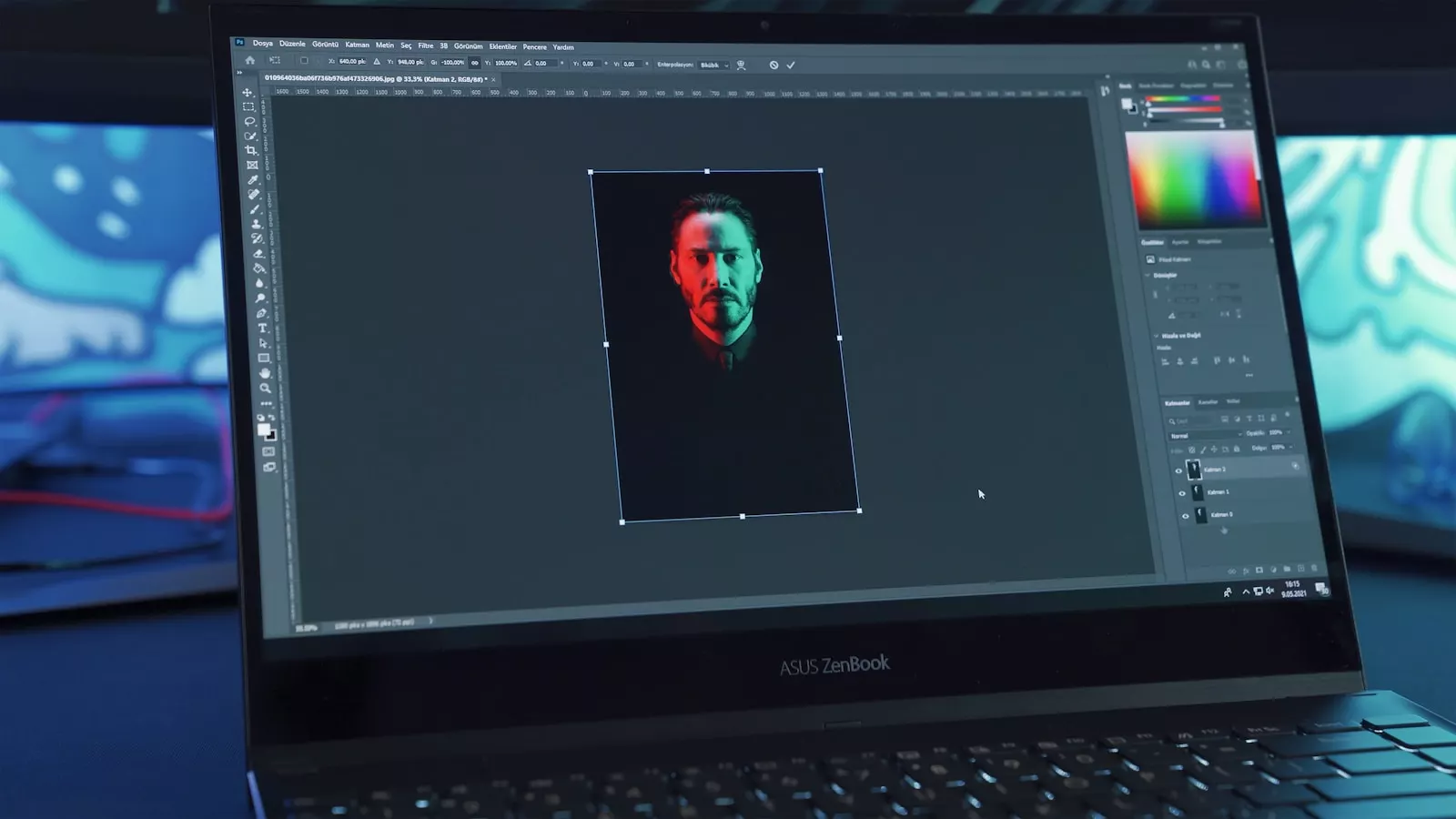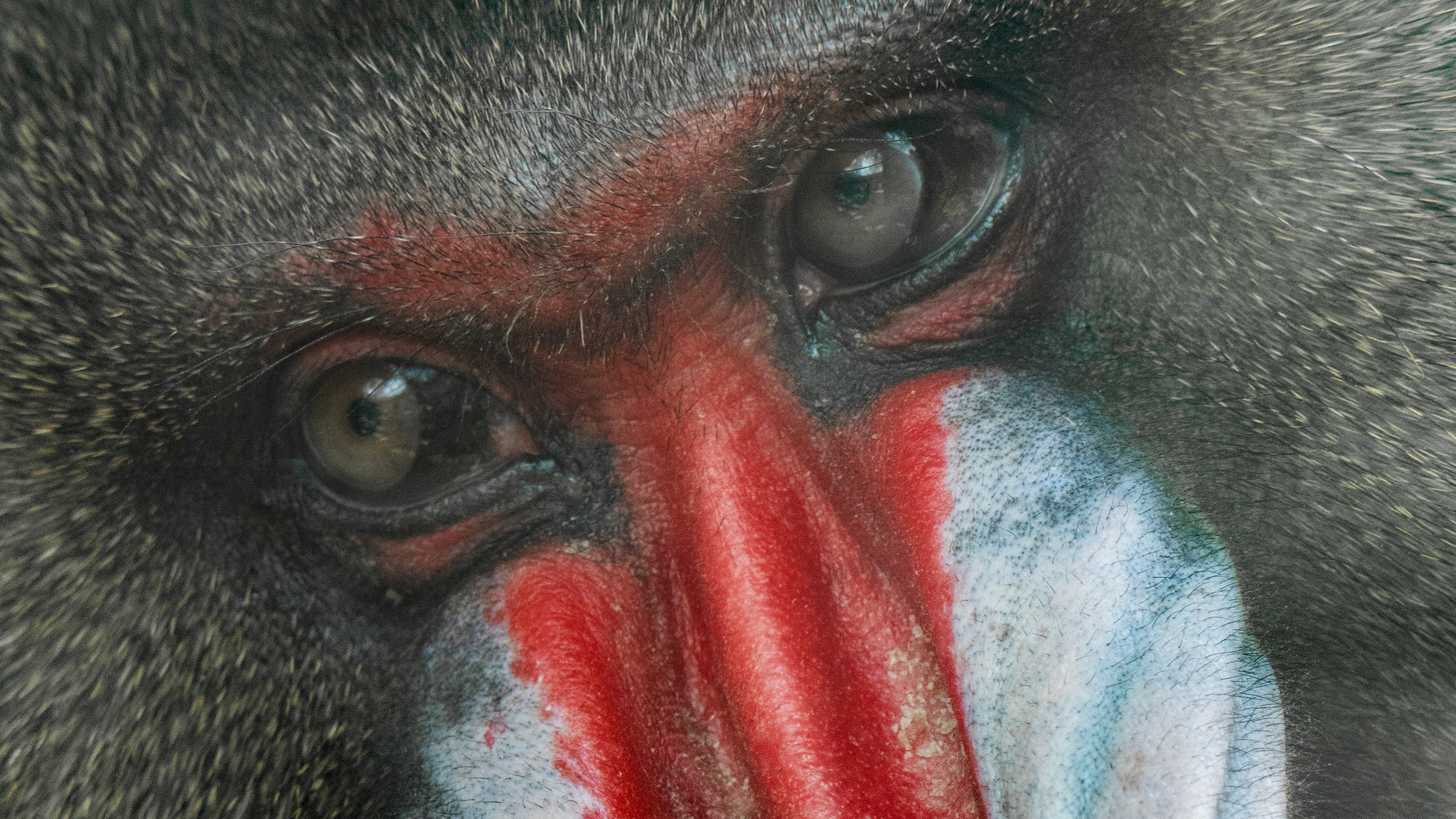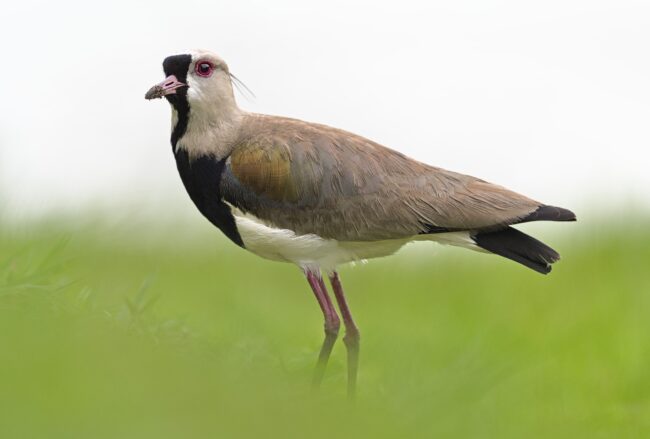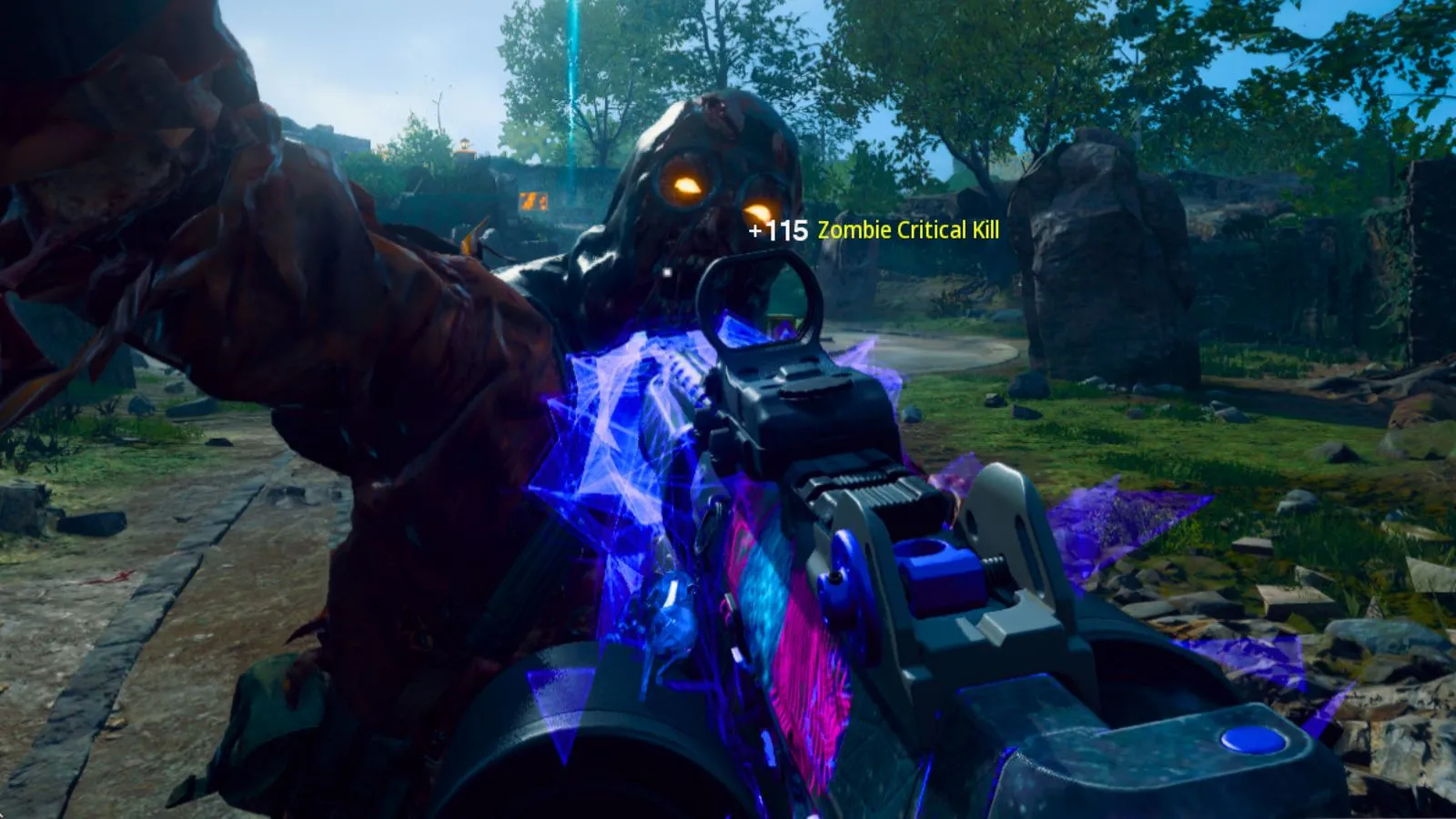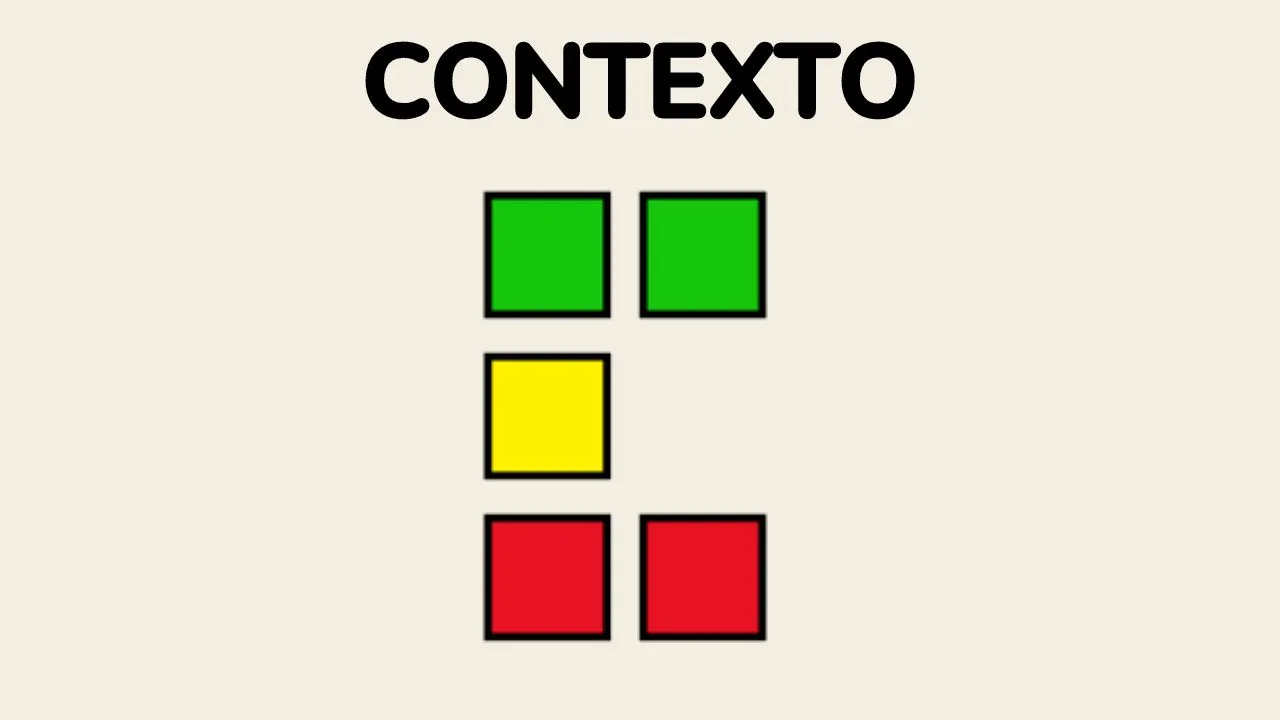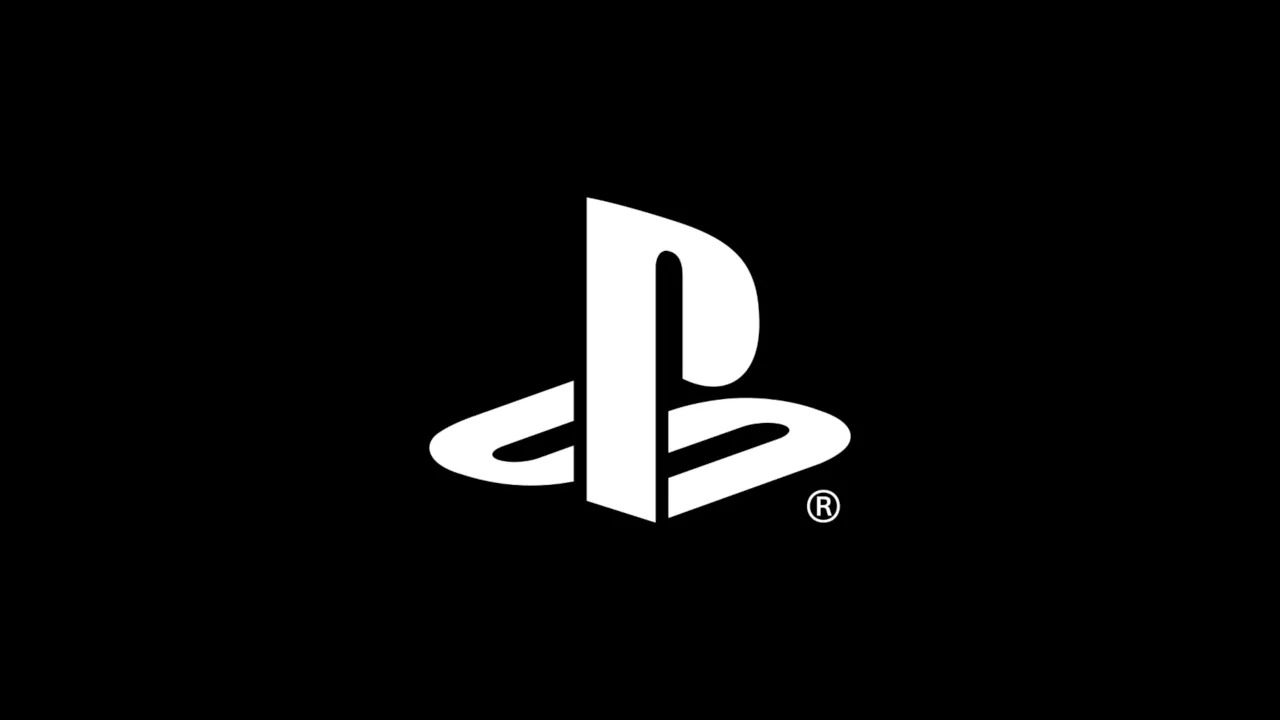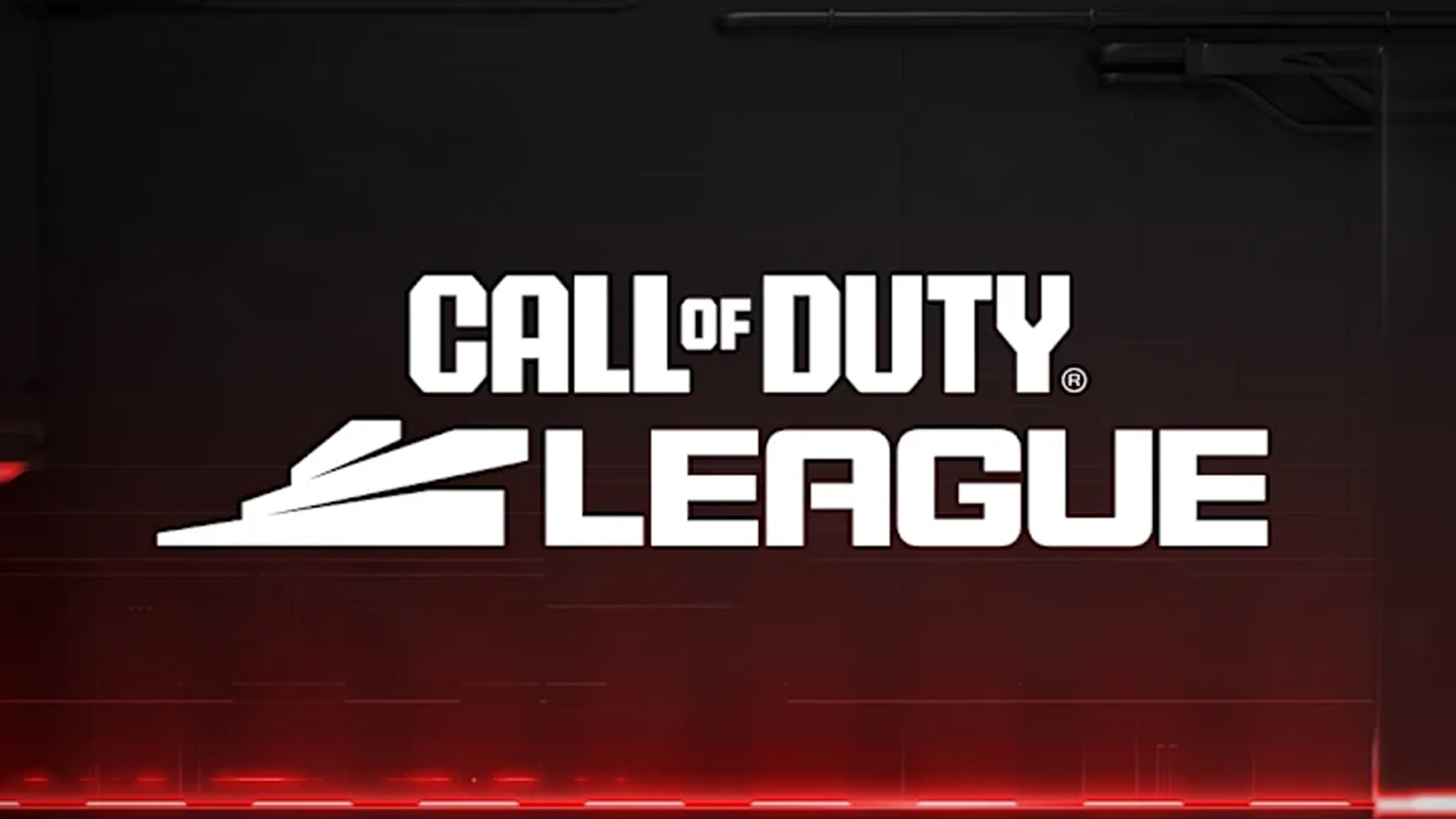Ireland on Course to Launch New Gambling Industry Regulator
(Image: Ross Wynne via Wikimedia Commons) Ireland’s Gambling Regulatory Authority (GRAI) officially began work on March 5, assuming responsibility for enforcing and overseeing the nation’s newly enacted Gambling Regulation Act 2024. An enormous amount of work is under way to build the framework for a state-of-the-art betting landscape, following the passage of the Gambling Regulation … Continued The post Ireland on Course to Launch New Gambling Industry Regulator appeared first on Esports Insider.
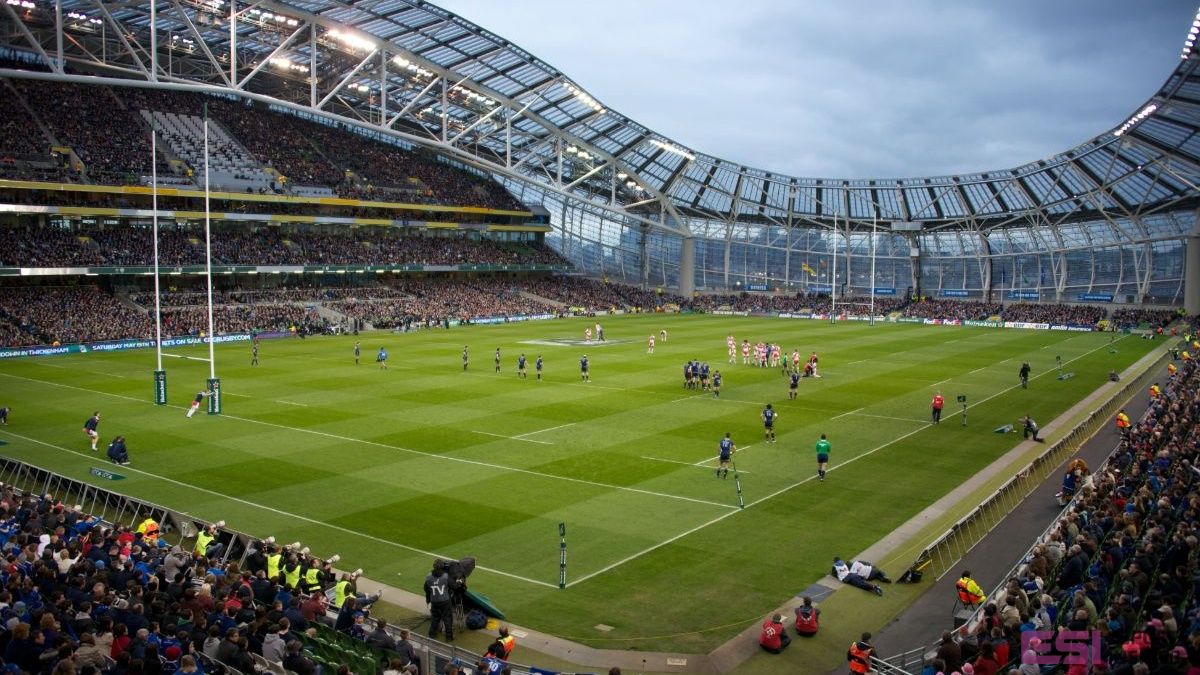

Ireland’s Gambling Regulatory Authority (GRAI) officially began work on March 5, assuming responsibility for enforcing and overseeing the nation’s newly enacted Gambling Regulation Act 2024.
An enormous amount of work is under way to build the framework for a state-of-the-art betting landscape, following the passage of the Gambling Regulation Act in October 2024.
When the act passed, it was with a promise that it would be implemented within a year. The complexity of the work required meant that there was always a tight deadline, but it is clear that significant progress has been made.
GRAI Invites Gambling Companies to Register Interest
Surprisingly for a nation with a long history of gambling on sport, regulation of the activity has always lagged behind the innovations in a rapidly moving landscape. Legislation has struggled to keep pace with developments such as online betting in Ireland, which opened its first National Esports Centre in 2024.
The launch of the GRAI is the first major step towards creating a framework for an industry fit for modern purpose. The GRAI’s main job is to establish that structure, as well as to award licenses for every type of gambling in Ireland.
Led by CEO Anne-Marie Caulfield, the GRAI now has seven members of its board in place. They are overseen by Paul Quinn, the former CEO of the country’s government procurement office.
Caulfield said: “We anticipate that we’ll be able to open for betting licenses, both online and on-site, before the end of the year. We’re moving on to online gaming in early 2026, then working our way through the other phases of licensing out to 2027. The final license types will be charities and business-to-business.”
The licensing process is under way already. Companies interested in obtaining a gambling license were invited in March to register their interest.
Once applications go in, there will be stringent checks on the corporate structure, finances and technical capabilities of each applicant.
Firms Will Pay Into Social Impact Fund
One key element of the new gambling landscape will be measures aimed at protecting young people and those at risk of gambling problems.
Caulfield added: “There’s a whole piece of restrictions in terms of advertising, and there’s a watershed to protect children from advertising between 5.30am and 9pm.”
Operators who receive a gambling license will have to make an annual contribution to a Social Impact Fund. The percentage they have to pay has still to be decided, but it is known that those revenues will be spent on gambling education, research into gambling awareness, and the treatment of issues caused by the activity.
The post Ireland on Course to Launch New Gambling Industry Regulator appeared first on Esports Insider.





























